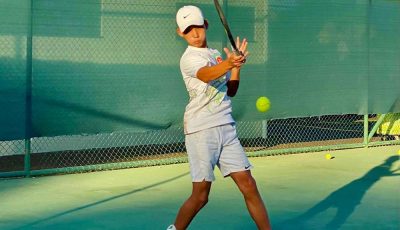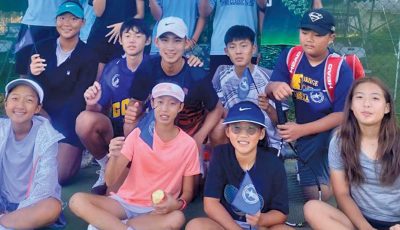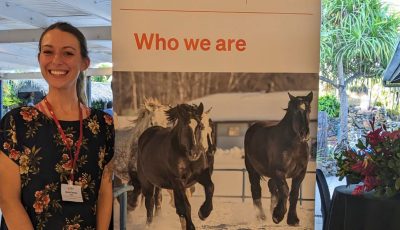FWCC marks 32 years of working to end violence against women

Participants of the Pacific Women’s Network Against Violence Against Women pose for a group photo. (Contributed Photo)
The Fiji Women’s Crisis Centre last Monday marked 32 years of working to end violence against women and more that three decades of struggle to change attitudes and behaviors about why it happens.
The milestone was reached today among other activists and organizations working in the area of eliminating violence against women from around the Pacific who are meeting as a Network at the Warwick Resort in Sigatoka, Fiji.
The discussions and sharing emerging from about 70 members attending the Pacific Women’s Network Against Violence Against Women (PWNAVAW) meeting, has reaffirmed the vital role the FWCC continues to play in strengthening and supporting the work around the Pacific to end violence against women.
The FWCC was founded in 1984 on feminist human rights principles, specifically focused on eliminating violations of women’s human rights in response to the growing problem of rape and domestic violence and the patriarchal attitudes that blamed women for these violations of their human rights.
A group of local and expatriate women began informal meetings to look into the problem and what could be done about it.
Building on the work of other organizations, such as the Young Women’s Christian Association (YWCA), a group of women conducted research into rape in Fiji. Based on that research and the increasing media reports of rape, the women began meeting as a collective twice a month at the YWCA in Suva from early 1984, as the Women’s Crisis Centre (WCC). By mid-1984, the Centre’s existence was formalized.
“The Fiji Women’s Crisis Centre was set up based on women’s experiences of violence,” says Shamima Ali, who has been FWCC Coordinator for 30 years.
Speaking about the struggle to keep the FWCC going, including expanding the reach of its programmes, Ali told Network members: “This work has to done without fear. You need to keep pushing the boundaries and if one approach fails you can go back and re-strategize, but you must never stop trying.”
By the 1990s, the FWCC was recognized as a leader in the Pacific in the area of eliminating violence against women. In 1992 the FWCC facilitated and hosted the First Pacific Regional Meeting on Violence Against Women in Suva comprising women from 15 Pacific Island countries.
The inaugural meeting led to the establishment of the Pacific Women’s Network Against Violence Against Women. Since then, it has served as a support mechanism for women in the Pacific who are working in the area of gender-based violence and human rights. This, in turn, is reflected in the emergence of several new counseling centers in the Pacific region including in Vanuatu, Papua New Guinea, Solomon Islands, Niue, Samoa, Tuvalu, and Kiribati.
Every four years, the FWCC convenes a meeting of the Pacific Women’s Network Against Violence Against Women (PWNAVAW), with this year’s meeting being the seventh since the Network was founded.
When the FWCC was being formed in the mid-1980s, rape and domestic violence were not topics of public discussion but the issue could not be ignored once the women who founded the Crisis Centre began raising the issue in the media and responding to insensitive media reporting on violence against women.
As the Centre began responding to rape and domestic violence, women started bringing their children along, and soon enough the issue of child physical and sexual abuse was also brought to the attention of the wider public.
Since then, FWCC has grown from a purely volunteer effort by Fijian feminists and expatriate supporters to an independent organization that has been able to raise millions of dollars in donor aid to fund the difficult work to end violence against women and children.
This has also involved extending the FWCC’s work to help other Pacific women establish their own women’s human rights organizations and carrying out training programmes of its own for other organizations within Fiji and the Pacific.
Following on from the setting up of the PWNAVAW in 1992, the FWCC launched its flagship month-long Regional Training Programme (RTP) in 1995.
The RTP is held up to twice a year to train women’s human rights workers, social workers, police and prisons personnel and other responders to violence against women from across the Pacific.
Training topics include gender and patriarchy, violence against women and human rights, including counseling for survivors of violence, using the media for advocacy and allied topics.
The FWCC has for most of its existence, received support from the government of Australia through the Department of Foreign Affairs and Trade, although funding at the current level is still being discussed.
The challenge now for the FWCC and the organisations and activists around the Pacific who look to it for guidance and support is to find ways to continue its services to the women and children of Fiji and the Pacific, including diversifying funding and pushing Pacific governments to take more responsibility for funding working to eliminate violence against women.



























